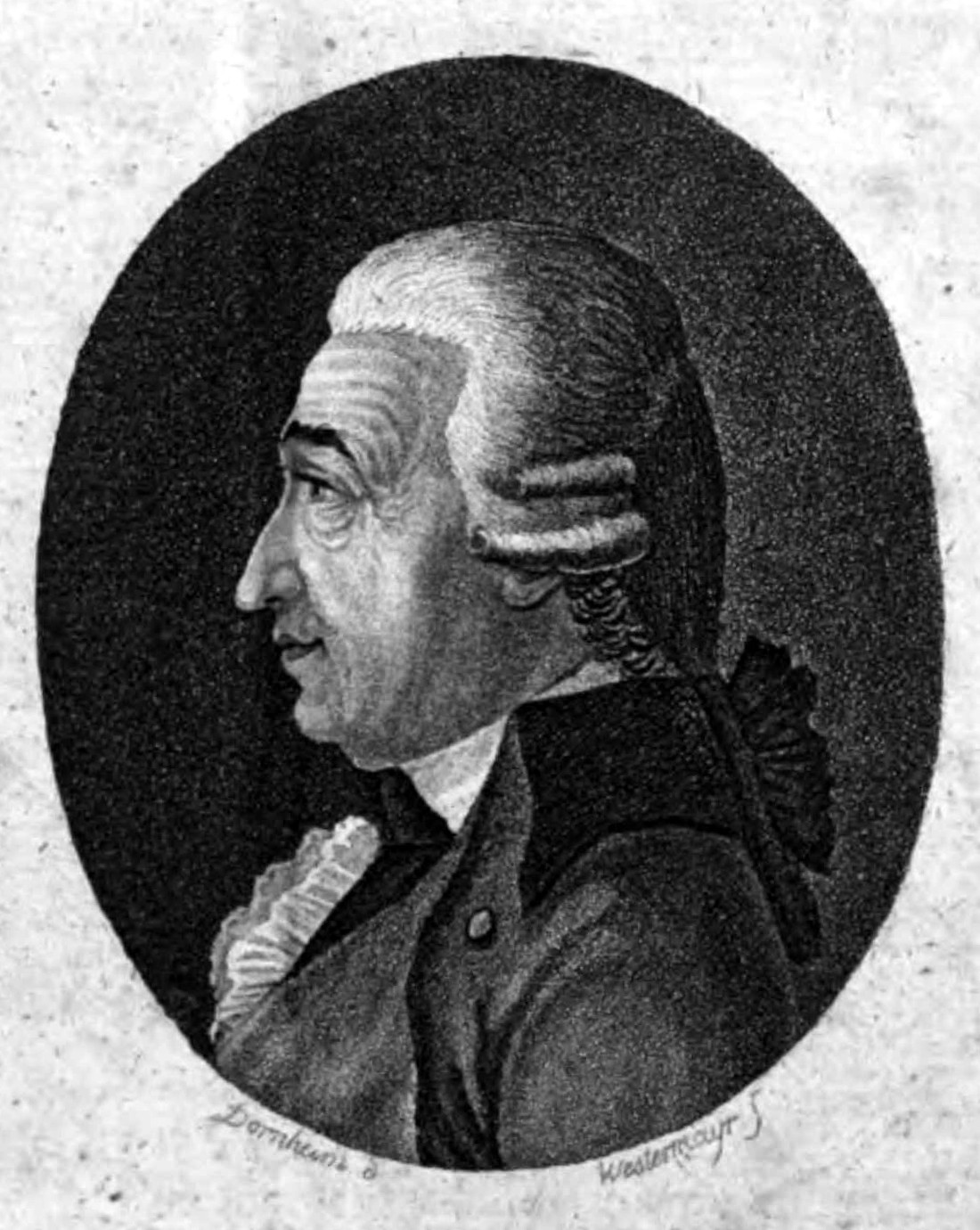|
Daniel Croner
Daniel Croner (1656''–''1740) was a Transylvanian composer and organist of Saxon descent.Andras Pernye, Daniel Benko & Katalin Fittler (eds.) 'Preface', D. Croner 'Tabulaturae' [1681, 1682] Series: Musica per la Tastiera (Budapest: EMB, 1987) 5. He is best known for his four manuscript collections of organ music, his 'Tabulaturae', that include some of the earliest surviving organ compositions from this region.Cosma, Viorel.Croner, Daniel' ''Grove Music Online''. 2001. Oxford University Press. Online resource, accessed 1 Apr. 2024 Early life Daniel Croner was born in Brașov, Kronstadt (now Brașov)Andreas Porfetye.Vorwort/Preface in ''Old Transsylvanian Organ Music: selected pieces from the organ tablature by Daniel Croner'' (Leipzig: Breitkpof & Hartel, 1972). EB 8339 ISMN: 979-0-004-17647-4. Online resource, accessed 1 April 2024 to master tailor Daniel Croner and his wife Katharina at their home in Purzengasse. His musical talent was recognized early and encouraged.'Daniel C ... [...More Info...] [...Related Items...] OR: [Wikipedia] [Google] [Baidu] |
Transylvania
Transylvania ( or ; ; or ; Transylvanian Saxon dialect, Transylvanian Saxon: ''Siweberjen'') is a List of historical regions of Central Europe, historical and cultural region in Central Europe, encompassing central Romania. To the east and south its natural border are the Carpathian Mountains and to the west the Apuseni Mountains. Broader definitions of Transylvania also include the western and northwestern Romanian regions of Crișana and Maramureș, and occasionally Banat. Historical Transylvania also includes small parts of neighbouring Western Moldavia and even a small part of south-western neighbouring Bukovina to its north east (represented by Suceava County). Transylvania is known for the scenery of its Carpathian landscape and its rich history, coupled with its multi-cultural character. It also contains Romania's second-largest city, Cluj-Napoca, and other very well preserved medieval iconic cities and towns such as Brașov, Sibiu, Târgu Mureș, Bistrița, Alba Iuli ... [...More Info...] [...Related Items...] OR: [Wikipedia] [Google] [Baidu] |
Johann Christian Kittel
Johann Christian Kittel (18 February 1732 – 17 April 1809) was a German organist, composer, and teacher. He was one of the last students of Johann Sebastian Bach. His students included , , Johann Wilhelm Hässler and Christian Heinrich Rinck. Biography Kittel was born and died in Erfurt. He first studied with Jakob Adlung. He moved to Leipzig in 1748 and was a favourite – and the last – pupil of Johann Sebastian Bach until Bach's death two years later. He was appointed organist and teacher in Langensalza in 1751, following which he returned to Erfurt as organist of the Barfüßerkirche, in 1756, moving to the Predigerkirche in 1762. He refused many generous and more munificent offers, including one in 1790 from Duchess Anna Amalia of Brunswick-Wolfenbüttel to travel to Italy, remaining in Erfurt for the rest of his life. He played many evening recitals there and was famous as a virtuoso organist. Goethe, Herder, and Wieland all went to hear him play, and he made a c ... [...More Info...] [...Related Items...] OR: [Wikipedia] [Google] [Baidu] |
Musicians From Brașov
A musician is someone who composes, conducts, or performs music. According to the United States Employment Service, "musician" is a general term used to designate a person who follows music as a profession. Musicians include songwriters, who write both music and lyrics for songs; conductors, who direct a musical performance; and performers, who perform for an audience. A music performer is generally either a singer (also known as a vocalist), who provides vocals, or an instrumentalist, who plays a musical instrument. Musicians may perform on their own or as part of a group, band or orchestra. Musicians can specialize in a musical genre, though many play a variety of different styles and blend or cross said genres, a musician's musical output depending on a variety of technical and other background influences including their culture, skillset, life experience, education, and creative preferences. A musician who records and releases music is often referred to as a recordin ... [...More Info...] [...Related Items...] OR: [Wikipedia] [Google] [Baidu] |
18th-century Organists
The 18th century lasted from 1 January 1701 (represented by the Roman numerals MDCCI) to 31 December 1800 (MDCCC). During the 18th century, elements of Enlightenment thinking culminated in the Atlantic Revolutions. Revolutions began to challenge the legitimacy of monarchical and aristocratic power structures. The Industrial Revolution began mid-century, leading to radical changes in human society and the environment. The European colonization of the Americas and other parts of the world intensified and associated mass migrations of people grew in size as part of the Age of Sail. During the century, slave trading expanded across the shores of the Atlantic Ocean, while declining in Russia and China. Western historians have occasionally defined the 18th century otherwise for the purposes of their work. For example, the "short" 18th century may be defined as 1715–1789, denoting the period of time between the death of Louis XIV of France and the start of the French Revolution, ... [...More Info...] [...Related Items...] OR: [Wikipedia] [Google] [Baidu] |
17th-century Organists
The 17th century lasted from January 1, 1601 (represented by the Roman numerals MDCI), to December 31, 1700 (MDCC). It falls into the early modern period of Europe and in that continent (whose impact on the world was increasing) was characterized by the Baroque cultural movement, the latter part of the Spanish Golden Age, the Dutch Golden Age, the French ''Grand Siècle'' dominated by Louis XIV, the Scientific Revolution, the world's first public company and megacorporation known as the Dutch East India Company, and according to some historians, the General Crisis. From the mid-17th century, European politics were increasingly dominated by the Kingdom of France of Louis XIV, where royal power was solidified domestically in the civil war of the Fronde. The semi-feudal territorial French nobility was weakened and subjugated to the power of an absolute monarchy through the reinvention of the Palace of Versailles from a hunting lodge to a gilded prison, in which a greatly expanded r ... [...More Info...] [...Related Items...] OR: [Wikipedia] [Google] [Baidu] |



